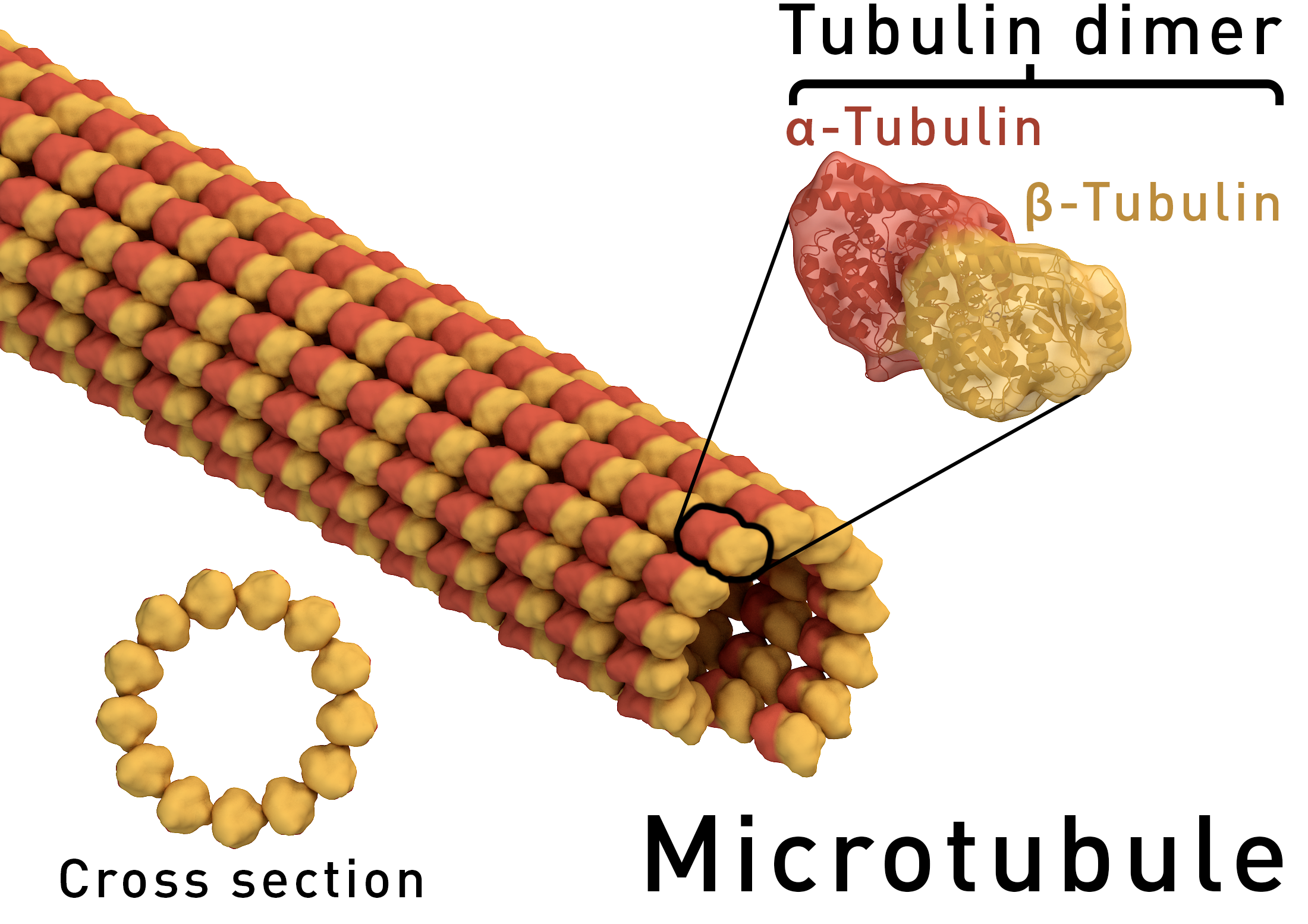Sorry, I should have elaborated.I must admit that I can't see the difference between your second and third case.
Theistic evolution takes into account the idea of souls, and doesn't cause a person to have to choose between the Bible and science. The third category is someone who is spiritual, perhaps religious, who doesn't believe in creationism, doesn't really follow any particular ancient/holy text, yet believes in ID. Fine line maybe but the difference is that the former category is made up of theists who reconcile their theology with science. In other words, a believer doesn't need to be a theist.
But certainly the orthodox Christian view of this would be something along those lines. I have come across a number of priests, for instance, who put forward the view that God created the universe and the principles by which it functions and that the evolution of both the cosmos and everything in it, including life and humanity, is a result of that, without the need to invoke supernatural tinkering (i.e. a temporary overturning of those natural principles).
Some go so far as to suggest that God "upholds" the order in nature, whatever is meant by that. I think the point of that is to allow them to say that God is active in his creation, rather than just someone who set the machine up, started it and then sat back to eat popcorn while it all happened.
Yea, I've heard those concepts brought up, as well. Thing is, when you believe in God, you believe that he is the creator, and that humankind is discovering his creation. For example, my belief is that God created gravity but humankind discovered the science behind it, and gave it a name. Same with all other scientific theories. When I identified as an atheist a few years back, I didn't believe any of that - rather, that the universe just ''is,'' and that science is the revealing of the mysteries of the universe.
The difference between my beliefs as an atheist, and my beliefs as a believer now is that I believe that the mystery is God.
Last edited:


 ........5 times now I had to start all over.
........5 times now I had to start all over.